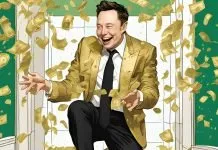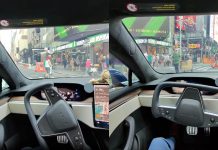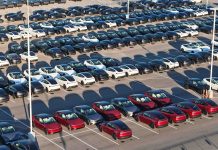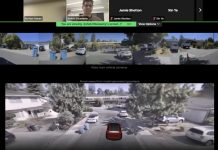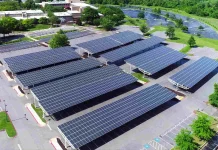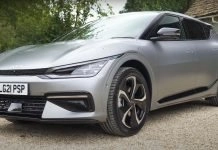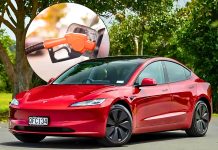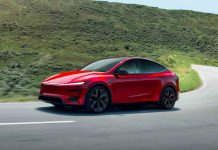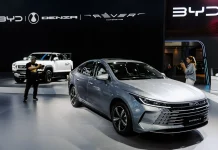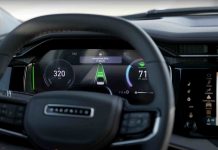Making a historic move that establishes Elon Musk as one of the most influential players in corporate history, Tesla shareholders have ratified a performance-based compensation plan worth almost $1 trillion.
The authorization, announced at Tesla’s annual shareholder meeting in Austin, Texas, exemplifies one of the largest executive compensation packages ever awarded and indicates that investors have not lost confidence in Musk’s ability to achieve unprecedented growth in electric vehicles, artificial intelligence, and robotics.
Over three-quarters of the Tesla shareholders voted on the proposal, which is an overwhelming approval of Musk as their leader despite the persisting controversies over his management approach, legal cases, and the lack of focus on a single project at a time, including SpaceX, Neuralink, and X (previously Twitter).
The plan gives Musk the potential to buy up to 423 million Tesla shares, which will ultimately increase his ownership percentage of approximately 13 to 25 percent, given that the company meets a set of challenging targets relating to market capitalization and operational success.
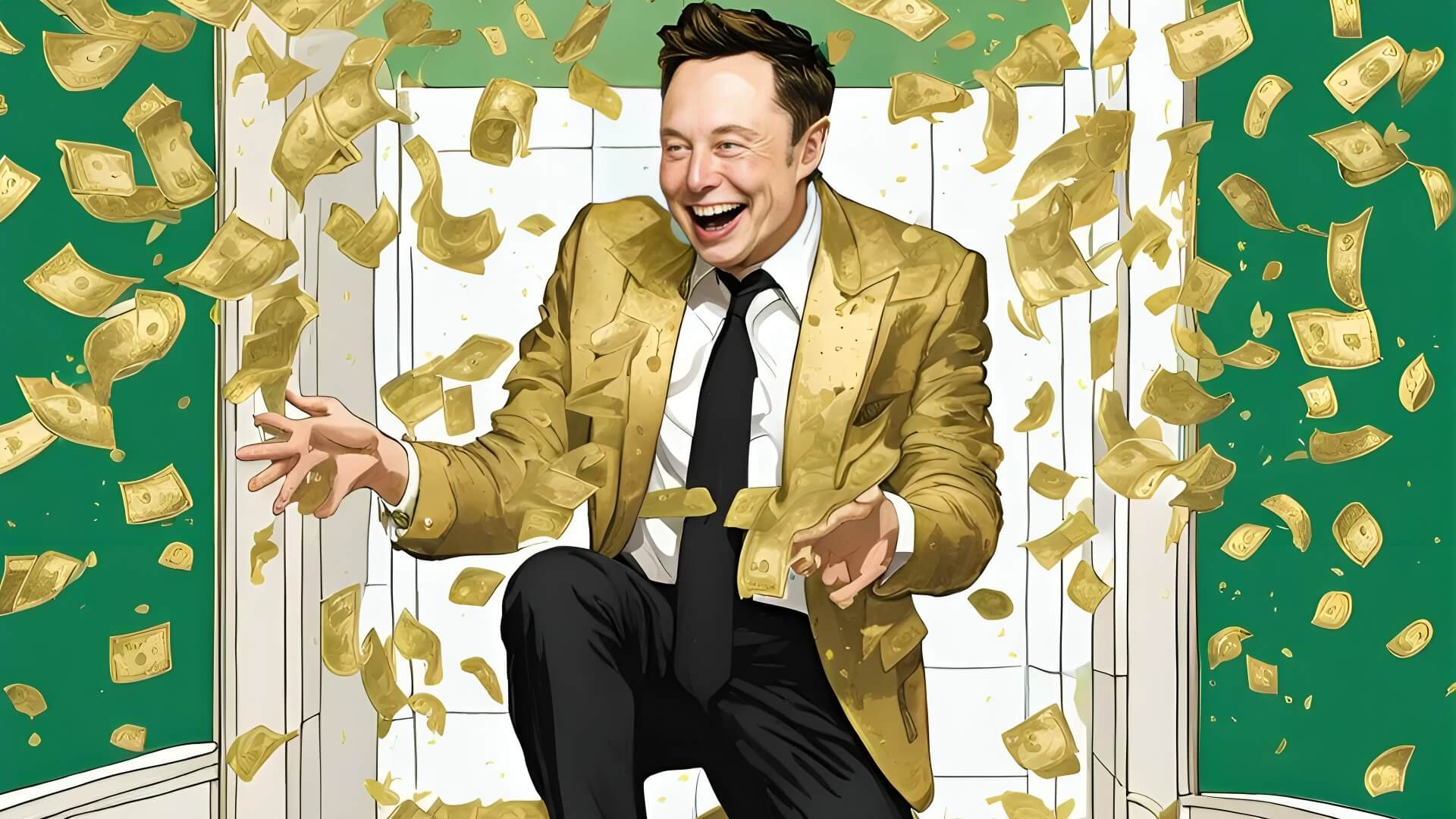
A Vote of Confidence in History
This approval by shareholders is a turnaround of fortune to Musk, whose remuneration program of 2018 was canceled by a Delaware court earlier this year when a judge considered it to be unfair and excessive. As a counter, Tesla moved its corporate incorporation out of Delaware and into Texas, where the new proposal was resubmitted to be approved by the shareholders. The recent vote is not only a repayment to the huge potential payday that awaited Musk but also a message to the investors about their confidence in Tesla and hope it can be successful in the long term.
Supporters argue that Musk’s vision has been instrumental in transforming Tesla from a niche electric car manufacturer into one of the most valuable companies in the world. During his tenure, Tesla grew its market capitalization to more than $700 billion today, and its capitalization went up by over less than $60 billion in 2018, as it grew through fast growth in the world EV manufacturing, development of autonomous driving software, and investments in energy storage and robotics.
The Growing Empire of Technologies at Musk
The Austin meeting was not only a vote on the financial front but also a demonstration of the future of Tesla. The event included a live presentation of the humanoid robot by Tesla called Optimus, which walked and danced on stage, and this pleased the shareholders. Being developed with the help of applying to both industrial and home settings, Optimus presents the finalized version of what Musk envisions the world to be in terms of automation, AI, and robotics taking over the world economy.
Musk stressed that the development of Tesla is far beyond electric cars. He described a future in which the software of his company, robotaxis, and AI-created manufacturing would be able to produce trillions of economic value. Tesla developments in Full Self-Driving (FSD) technology and its increased contribution to energy solutions, such as grid-scale batteries, also took place in his speech.
Critics and Concerns
Though it has received enthusiastic applause, the trillion-dollar compensation package has been criticized by experts in corporate governance and by even certain institutional shareholders, who claim that the huge compensation package contributes to the wealth disparity and provides Musk with disproportionate power over the future of Tesla.
Another criticism of Tesla by skeptics is that 2025 has been a challenging year in the stock of Tesla despite the intense competition in the EV market, price reductions that have impacted profit margins, and increasing competition in major markets such as China.
In addition, some investors are anxious about the divided attention of Musk, since he is engaged in various high-stakes ventures. Nevertheless, most of the Tesla retail shareholders, most of whom consider Musk a visionary businessman and not a typical CEO, stood by him.

